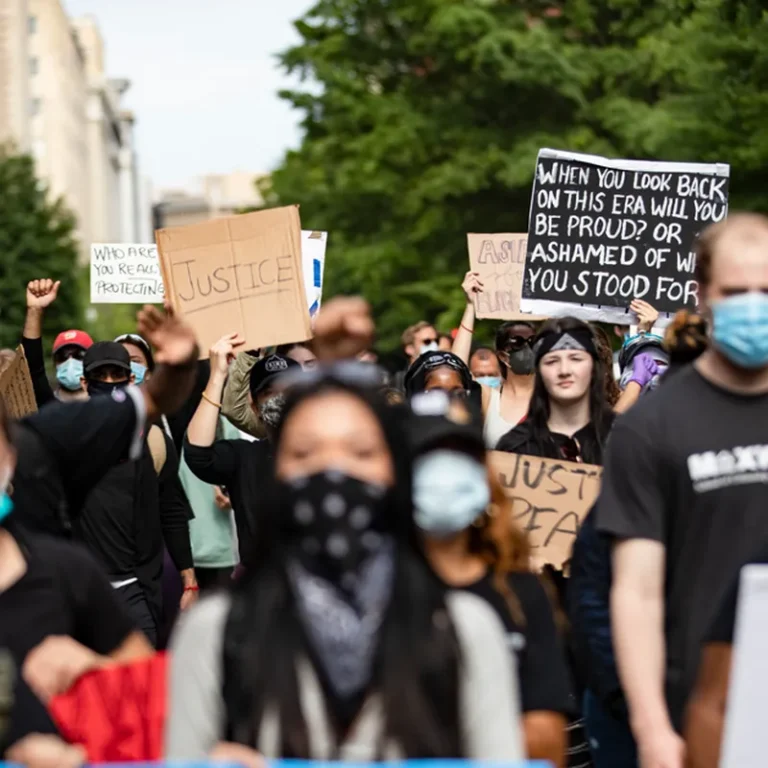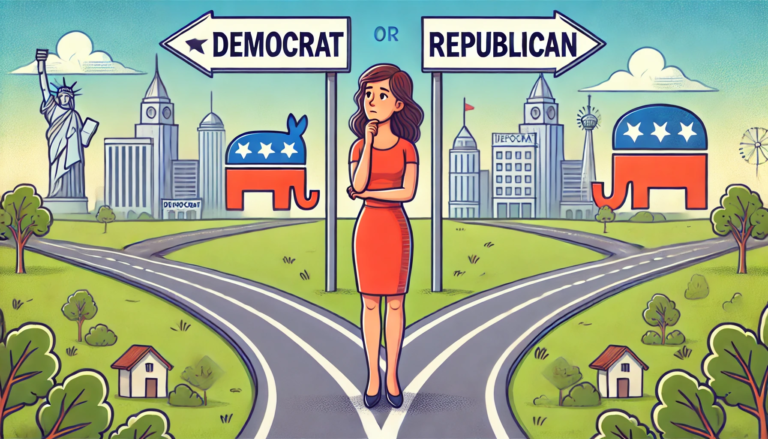Attack on Trump Rally: The aftermath and more.

In a shocking turn of events. An Attack on Trump Rally in Pennsylvania has sent ripples through both the domestic and international political landscapes.
The incident, which occurred amidst a highly charged political climate has sparked widespread concern and debate over the state of political discourse, security measures for high-profile figures, and the broader implications for democracy in the United States.
The Incident
On a sweltering afternoon in Pennsylvania, Donald Trump, a central figure in American politics, was addressing a large crowd of his supporters. As he took to the stage, an individual climbed onto a nearby roof and fired a shot at Trump. In a stroke of luck or blessing, Trump happened to look the other way at the moment the bullet passed by, narrowly missing his head but injuring his right ear.
Immediate Aftermath
The shooting incident quickly drew widespread attention, not just for the near-miss on Trump’s life but also for the performance of the Secret Service agents present at the rally. Eyewitness accounts and numerous videos circulating on social media revealed significant lapses in security. Many spectators could see the shooter climbing onto the roof and positioning himself to fire. Despite this, the Secret Service’s counter-snipers, who are typically highly trained and vigilant, failed to neutralize the threat in time.
Criticism of Secret Service Performance
The response of some of the Secret Service agents, particularly the female members, came under intense scrutiny. Footage showed several female agents appearing nervous and focusing on protecting themselves rather than the target when the shooting began. This behavior sparked a major discussion about the preparedness and performance of the Secret Service agents, specifically questioning the effectiveness of gender quotas in such critical roles.
Social Media and Public Reaction
Social media platforms and regular news programs were abuzz with debates and criticisms following the incident. The discussion quickly turned political. With many questioning the necessity and impact of the gender quotas that the Secret Service had been required to implement. Critics argued that such policies might compromise the effectiveness of protection, while others defended the inclusion of women in all roles, emphasizing the need for equal opportunity and proper training.
Changes in Secret Service Protocol
In the wake of the incident, notable changes were made to Trump’s security detail. Subsequent public appearances of Trump were notably guarded by an all-male Secret Service team, sparking further debate about the implications of such a decision. This move was seen by some as a temporary measure to restore confidence in the protection of the former President, while others viewed it as a controversial and potentially regressive step.
Domestic Political Implications
The attempted assassination has laid bare the deep divisions within American society. Trump, a polarizing figure, has both fervent supporters and staunch opponents. The incident underscores the intense emotions that his political career has engendered and highlights the potential for violence in a highly polarized political environment.
1. Increased Political Polarization: The attack has the potential to further deepen the partisan divide in the United States. Supporters of Trump view the attempt as an attack not just on a political figure but on their values and beliefs. This could lead to an escalation in rhetoric and a hardening of positions on both sides of the political spectrum.
2. Security Concerns: The incident has prompted a reevaluation of security measures for political figures. With the increasing prevalence of political violence, there is a pressing need to ensure the safety of those in the public eye. This could lead to more stringent security protocols at rallies and public events, which may, in turn, affect the accessibility of politicians to the general public.
3. Impact on Upcoming Elections: As the country heads into another election cycle, the attempted assassination could become a pivotal issue. Candidates may use the incident to underscore the need for unity and condemn political violence, or conversely, to rally their bases by highlighting the dangers posed by political opponents. This event will likely feature prominently in campaign narratives and debates.
Geopolitical Implications
Although the attempted assassination primarily affects domestic affairs, its repercussions will resonate with everyone on the international stage. The stability and political climate of the United States have far-reaching effects, influencing global perceptions and geopolitical dynamics.
1. Perception of American Stability: People could perceive the incident as a sign of instability within the United States. Allies and adversaries alike closely monitor American domestic affairs, and an event of this magnitude may raise concerns about the country’s internal cohesion and governance. This perception can affect international relations and the confidence of other nations in American leadership.
2. Influence on Foreign Policy: Donald Trump, during his presidency, significantly shaped U.S. foreign policy. His potential return to power or continued influence in American politics is of interest to many countries. The attempt on his life might affect how other nations engage with the U.S., anticipating potential shifts in policy depending on Trump’s political future.
3. Democracy and Political Violence: The attempted assassination highlights the broader issue of political violence, which is a concern for democracies worldwide. The incident serves as a reminder of the fragility of democratic institutions and the need for robust measures to protect political figures and the democratic process. It may prompt other democracies to reassess their own security protocols and strategies to combat political violence.
The Role of Media and Public Discourse
The media’s role in shaping public perception of the incident cannot be overstated. How the attempted assassination is reported and analyzed will influence public opinion and potentially affect political behavior.
1. Media Polarization: Media outlets with differing political leanings are likely to frame the incident in ways that align with their ideological perspectives. This could exacerbate existing divisions, as audiences are presented with narratives that reinforce their preexisting beliefs. It is crucial for media organizations to strive for balanced and factual reporting to avoid further polarization.
2. Social Media and Misinformation: In the age of social media, misinformation and conspiracy theories can spread rapidly. Efforts to combat misinformation and promote accurate information are vital to maintain an informed public.
3. Public Reaction and Civil Discourse: The public’s reaction to the attempted assassination will be a litmus test for civil discourse in the United States. It is an opportunity for leaders and citizens alike to condemn violence unequivocally and promote respectful dialogue. How this incident
We navigate will have lasting implications for the health of our democracy.
Moving Forward
In the wake of the attempted assassination, there are several steps that We can take to address the underlying issues and promote a healthier political environment.
1. Bipartisan Condemnation of Violence: Political leaders from all sides must come together to condemn political violence in any form. A unified stance against such actions is essential to send a clear message that violence has no place in democratic processes.
2. Enhanced Security Measures: There is a need to review and potentially enhance security protocols for political figures. This includes not only physical security but also measures to address threats made through digital and social media platforms.
3. Promoting Civil Discourse: Efforts to promote civil discourse and reduce political polarization are crucial. This includes encouraging respectful dialogue, fostering understanding between differing viewpoints, and addressing the root causes of division.
4. Media Responsibility: The media has a responsibility to report accurately and responsibly on such incidents. This involves avoiding sensationalism, providing context, and focusing on factual reporting to inform the public without inflaming tensions.
5. Public Engagement and Education: Engaging the public in discussions about political violence and its consequences can help build a more informed and resilient society. Educational initiatives that emphasize the importance of democratic values and non-violent political engagement are key.
Conclusion
The attempted assassination of Donald Trump at a rally in Pennsylvania is a stark reminder of the volatile nature of contemporary politics. It has significant implications for domestic affairs, security measures, and the broader geopolitical landscape. Addressing the root causes of political violence, promoting civil discourse, and ensuring the safety of political figures are essential steps in navigating this challenging moment.
As the nation grapples with the fallout. It is imperative for leaders and citizens alike to reaffirm their commitment to democratic principles and the peaceful resolution of political differences.






